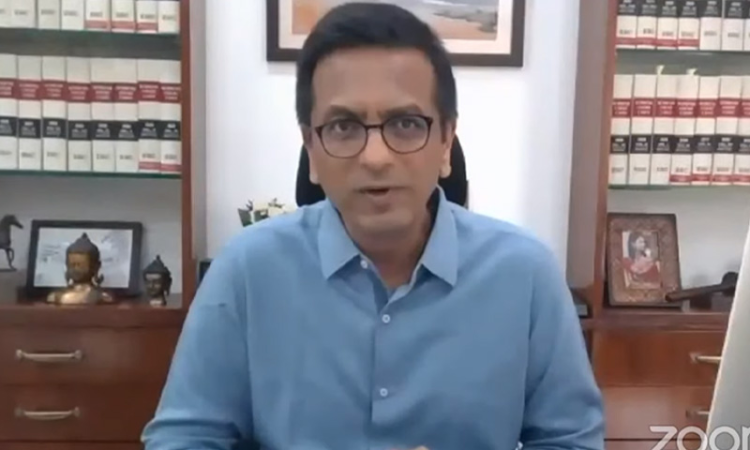'Relationship That Truth Shares With Democracy Akin To Both A Sword And A Shield': Justice D.Y Chandrachud
Mehal Jain
28 Aug 2021 7:39 PM IST

"Many countries have established truth commissions immediately upon independence from a totalitarian regime or in coming out of human rights violations since it creates a public memory upon which the foundations of a nation can be built."
Next Story


